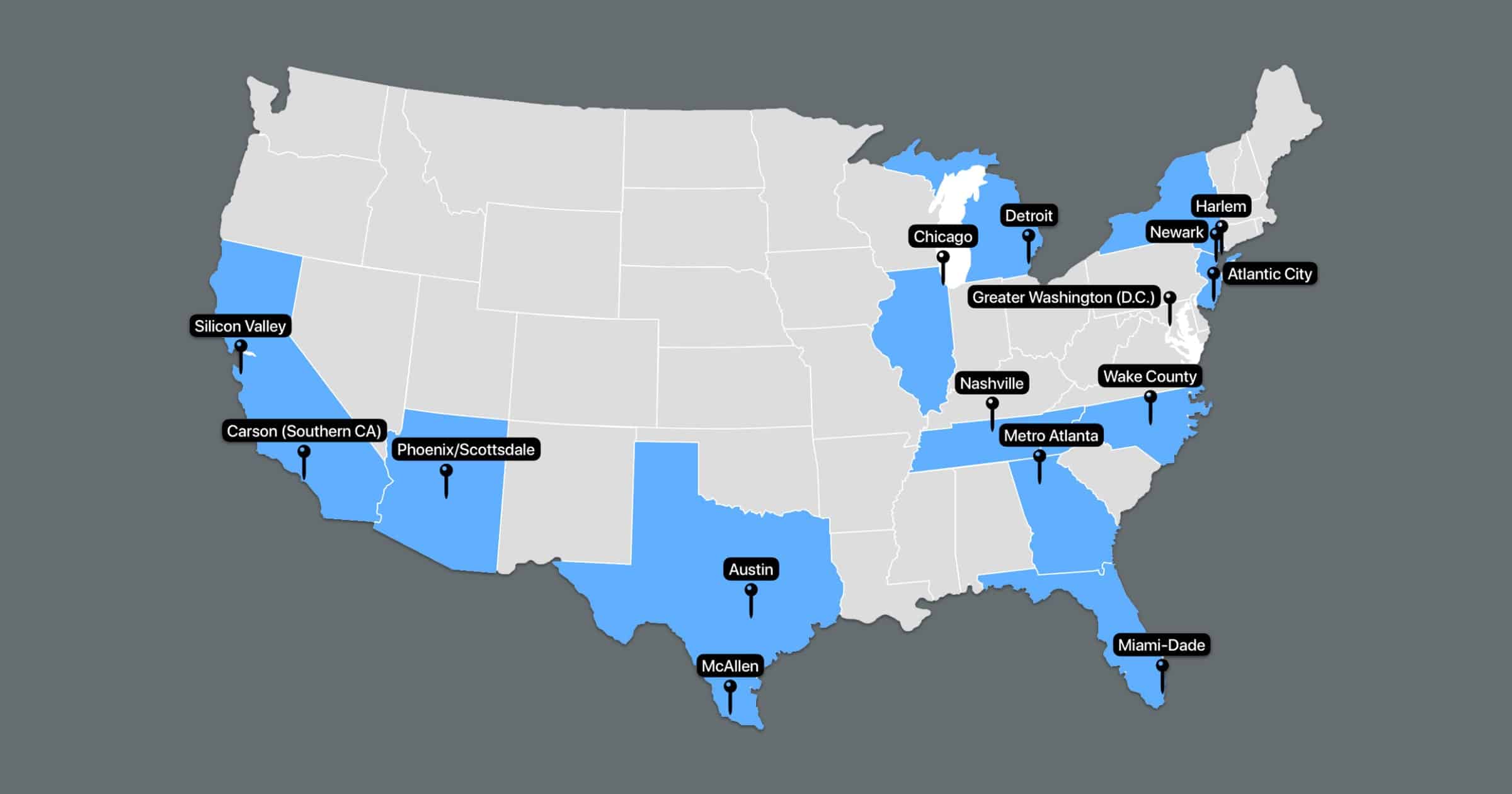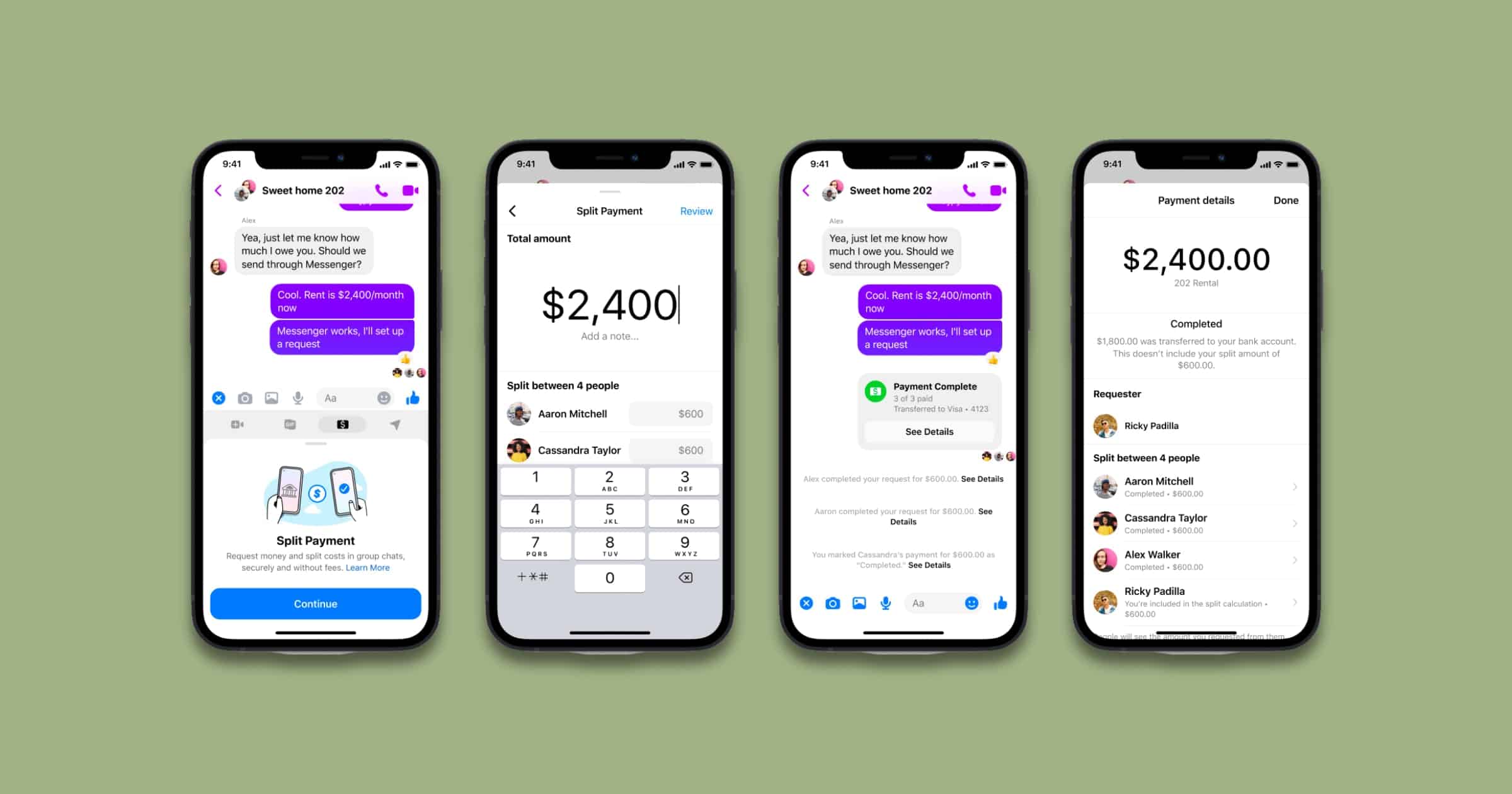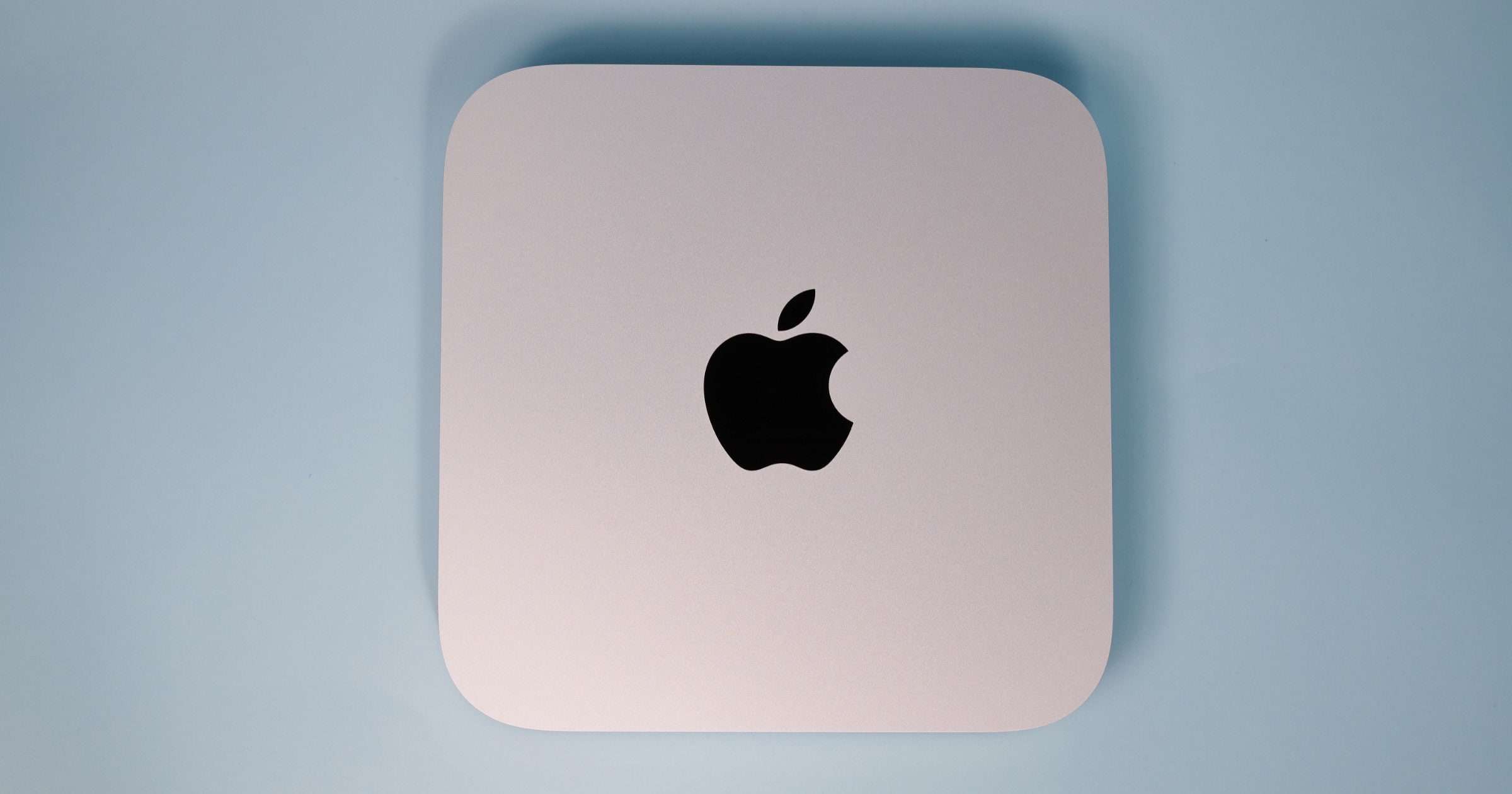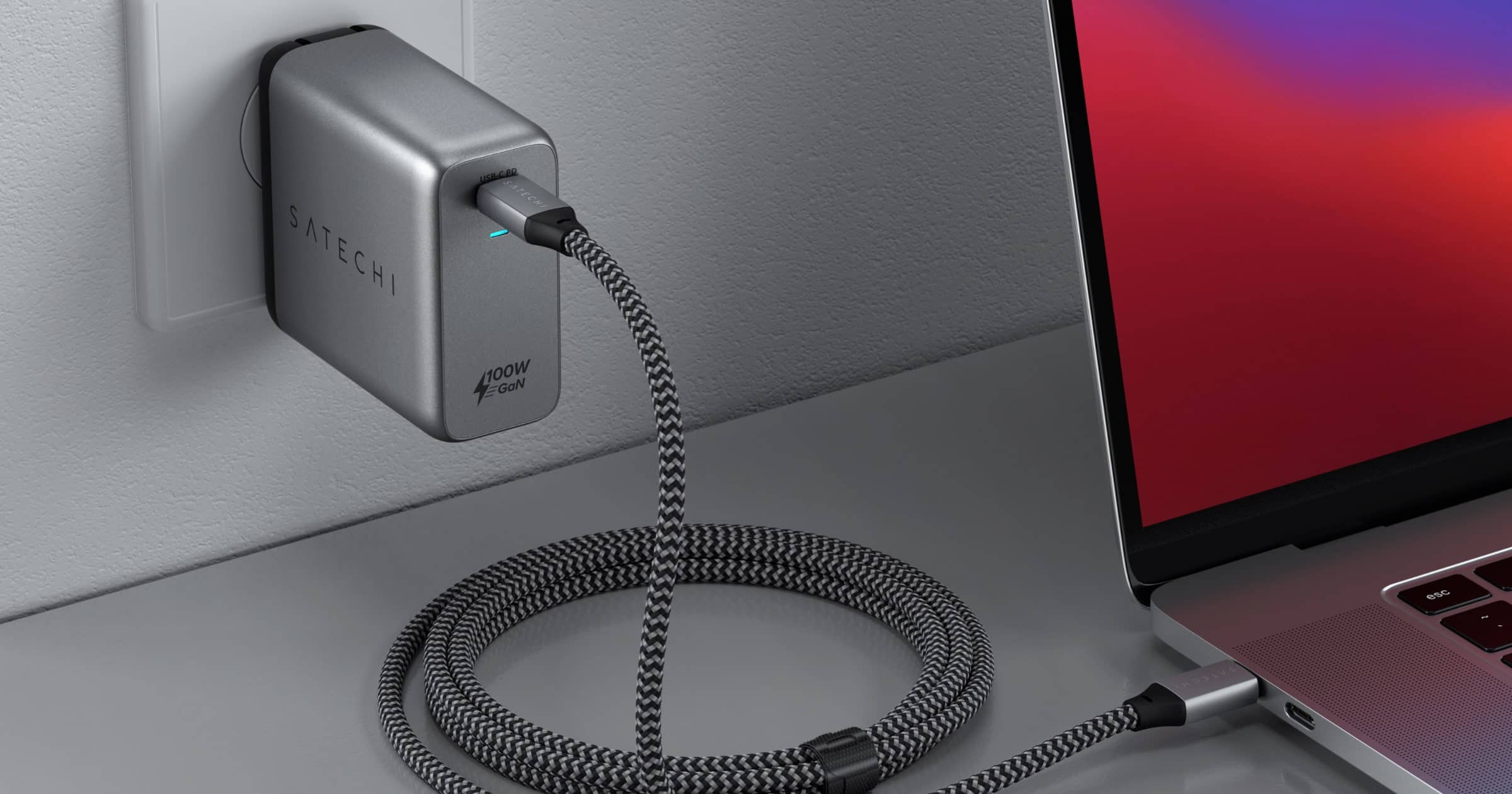Satechi is offering more holiday deals for customers. Get 20% off all of the company’s charging hubs by using a special code.
Articles by Andrew Orr
Government Traces Ransomware Payments to Business Address in Moscow
The New York Times writes how the U.S. government has traced ransomware payments to an address in Federation Tower East in Moscow, Russia.
That this high-rise in Moscow’s financial district has emerged as an apparent hub of such money laundering has convinced many security experts that the Russian authorities tolerate ransomware operators. The targets are almost exclusively outside Russia, they point out, and in at least one case documented in a U.S. sanctions announcement, the suspect was assisting a Russian espionage agency.
Apple Brings Coding Education to Boys & Girls Clubs of America
Apple is partnering with Boys & Girls Clubs of America to bring coding education to over a dozen cities in the U.S.
Cuba Ransomware Gang Made $43.9 Million in Ransom Payments
The FBI also said it traced attacks with Cuba ransomware to systems infected with Hancitor. This is a malware operation to access Windows machines.
It is also worth mentioning that Cuba is also one of the ransomware groups that gather and steal sensitive files from compromised companies before encrypting their files. If companies don’t pay, the Cuba group will threaten to dump sensitive files on a website they have been operating on the dark web since January this year.
Ubiquiti Developer Arrested and Charged With Extortion
Former Ubiquiti employee Nickolas Sharp has been arrested and charged with data theft and extortion.
As alleged, Nickolas Sharp exploited his access as a trusted insider to steal gigabytes of confidential data from his employer, then, posing as an anonymous hacker, sent the company a nearly $2 million ransom demand.
Thieves in Canada Use AirTags to Steal Expensive Cars
The York Regional Police issued a warning on Thursday, saying that thieves are using Apple’s AirTag to track and steal high-end vehicles.
Get Exclusive Deals With Apple Pay for the 2021 Holiday Season
Apple is offering exclusive deals to customers when they shop with certain brands and use Apple Pay. Shop online with these retailers.
Facebook Takes on Apple Cash With New Split Payments in Messenger
Next week, Facebook will start to test Split Payments in Messenger as a bid to compete with the likes of Venmo and Apple Cash.
Hackers Steal $119 Million From Web3 Project 'BadgerDAO'
BadgerDAO reported on Wednesday that it lost about 2,100 bitcoin and 151 ether in a hacking attack.
Kryptobi, who said he is on the BadgerDAO support team and has been looking into the hack, told Motherboard that it appears someone injected a malicious script into BadgerDAO’s frontend after compromising an API key for BadgerDAO’s Cloudflare account. Cloudflare is a web infrastructure, content delivery network, and website security company, which is used by millions of sites on the internet.
AWS is Bringing M1 Mac Instances to EC2 Cloud
Amazon announced on Thursday that it’s bringing M1 Mac mini instances to the Amazon Elastic Compute Cloud (EC2).
Planned Parenthood Hack Leaked Data for 400,000 Patients
In October, a Planned Parenthood facility in Los Angeles suffered a data breach. It affected about 400,000 patients.
Letters from PPLA to affected patients warned that “we identified files that contained your name and one or more of the following: address, insurance information, date of birth, and clinical information, such as diagnosis, procedure, and/or prescription information.”
Facebook Requires More At-Risk Accounts to Use Two-Factor Authentication
Wired writes that Facebook will require at-risk accounts to secure with two-factor authentication, an important security measure for users.
Facebook Protect started as a pilot project in the United States ahead of the 2018 midterm elections and expanded leading up to the 2020 presidential election. Facebook enrolls some prominent public figures in the program automatically, but the company has also been creating mechanisms for people to nominate themselves for inclusion, like enrolling whole newsrooms. Once users join Facebook Protect, they can’t opt out.
Members of Hacking Group 'The Community' Sentenced for Stealing Cryptocurrency
A sixth member of international hacking group The Community has been sentenced in late November. The group stole millions in cryptocurrency.
iFixit Partners With Library Futures to Donate 100 Toolkits to Libraries
iFixit is partnering with Library Futures, a nonprofit library advocacy group. The company will donate 100 toolkits to libraries.
Debt Collectors Can Now Email, Text, and Message You on Social Media
On Tuesday, new rules went into effect that allow debt collectors you DM you on social media, email, and text you.
Square's New Name 'Block' Highlights Company Focus on Blockchain
When pondering what Jack Dorsey would do after his departure from Twitter, my first thought was focusing on Square and cryptocurrency. Now, a few days later, the company has changed its name to Block.
We built the Square brand for our Seller business, which is where it belongs. Block is a new name, but our purpose of economic empowerment remains the same. No matter how we grow or change, we will continue to build tools to help increase access to the economy.
Nvidia Builds 'Earth-2' Supercomputer to Accurately Simulate Climate Change
Nvidia is building a powerful supercomputer it calls Earth-2. They want to use simulation to make predictions in climate change with meter-scale resolution.
For the first time, we have the technology to do ultra-high-resolution climate modeling, to jump to lightspeed and predict changes in regional extreme weather decades out.
We can achieve million-x speedups by combining three technologies: GPU-accelerated computing; deep learning and breakthroughs in physics-informed neural networks; and AI supercomputers, along with vast quantities of observed and model data to learn from.
Review: Brydge MAX+ for iPad Pro is a Wonderful Keyboard to Use
Brydge has sent Andrew its latest keyboard for the iPad called Brydge MAX+. It’s for iPad Pro owners and supports multiple models.
'Mimeo Photos' Releases Huge 5.0 Release for Mac App
Mimeo Photos has released version 5.0 for its Mac app, and the company says this is their biggest Mac update ever.
Qualcomm's New Snapdragon Chip Aims to Defeat Cops and Robbers
A report from PCMag today discusses Qualcomm’s latest chip, the Snapdragon 8 Gen 1. It has anti-spoofing technology to protect against Stingrays.
Spoof cell sites can now be run on small, widely available boxes that pass bad data and phishing messages, Qualcomm said at its Snapdragon Summit today. Otherwise known as “Stingrays,” these faux cells can be run by criminals, law enforcement, or security agencies to collect your personal data without your permission.
Sale: Satechi Chargers are 20% Off Through December 5
From December 1 to December 5 customers can get 20% off all Satechi chargers by using a special code.
How Caregivers in Ghana Help Their Community During a Pandemic
To go along with its announcement for World AIDS Day, Apple shared the story of Model of Hope program in Ghana.
Joseph is one of 13.8 million people who has access to ART as a result of Apple’s contributions to the Global Fund’s efforts in Africa, and he sees the effect COVID-19 is having on those he counsels through the Model of Hope program.
Since 2006 Apple has Raised $270 Million With (RED) to Fight AIDS
In the past 15 years Apple has raised almost US$270 million in the fight against AIDS, the company announced.
'EWDoor' Malware Attacks Thousands of AT&T Internet Subscribers
Hackers are exploiting a bug from 2017 to attack the EdgeMarc Enterprise Session Border Controller. This device is used by businesses to manage phone calls and video calls.
The vulnerability being exploited to infect the devices is tracked as CVE-2017-6079, a command-injection flaw that penetration tester Spencer Davis reported in 2017 after using it to successfully hack a customer’s network. The vulnerability stemmed from an account in the device that, as Davis learned from this document, had the username and password of “root” and “default.”
























